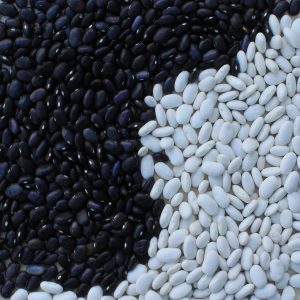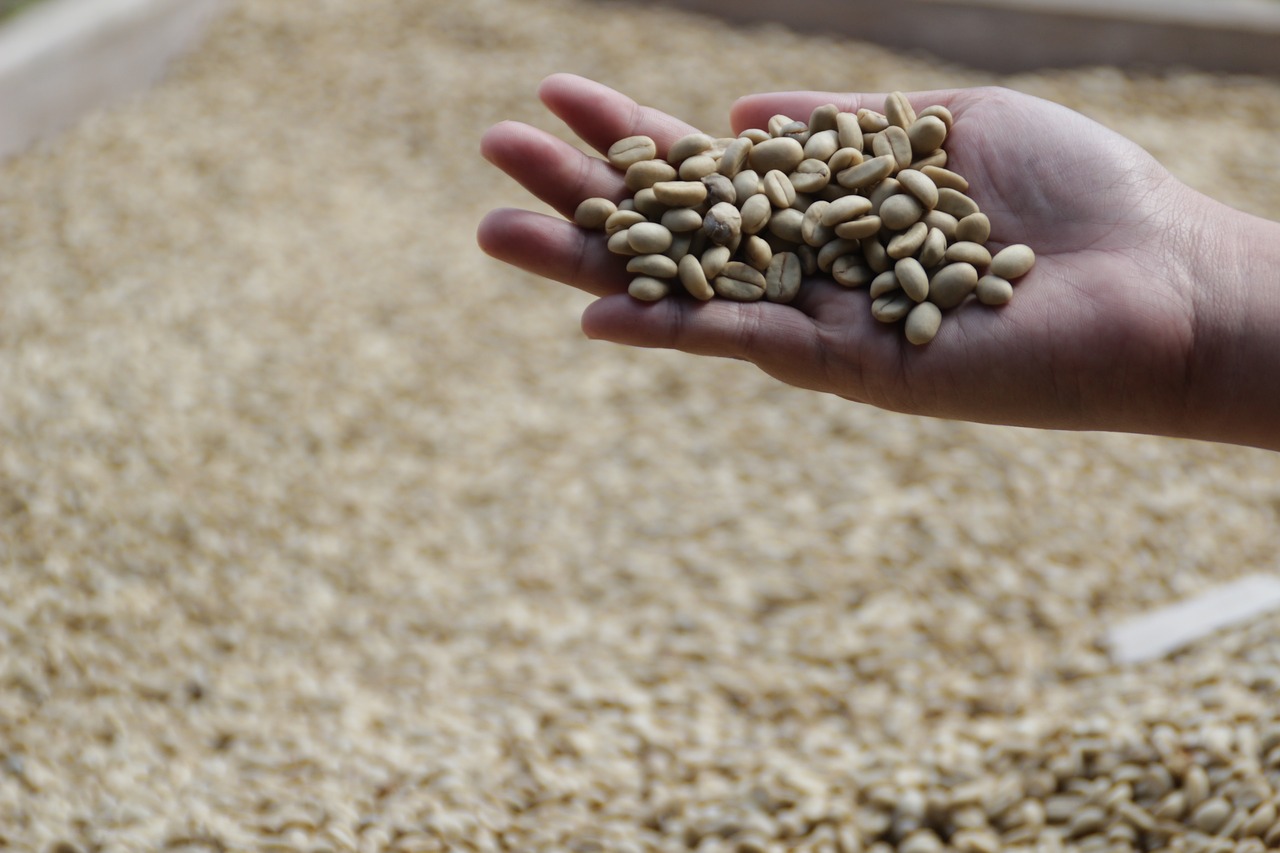There are many reasons why you should incorporate beans into your diet. They are inexpensive and are versatile enough to be used in a wide variety of dishes. You can use them in salads, stews, soups, side dishes, pasta, and dips. Because of the nutritional composition of beans, everybody should consider adding them as part of a healthy diet. In this article, we will discuss beans health benefits and the different types of beans.
Beans Health Benefits
1. Good for Weight Management

Beans contain soluble and insoluble fiber which are good for digestive health. The former slows down digestion making you feel full, while the latter helps prevent constipation. Eating foods high in fiber increases satiety, which is good for weight management.
While many people turn to meat or fish for their protein requirements, most don’t realize that beans are also rich with this nutrient too. For example, a half cup of cooked black beans contains 8 grams of protein. Besides being an important building block of muscles, bones, skin, cartilage, and blood, protein also has the ability to curb cravings.
2. Help Regulate Blood Sugar
Most types of beans have a low glycemic index. Also known as GI, it is a ranking of carbohydrates in foods based on how they impact blood glucose levels. Basically, the carbohydrates in beans are absorbed at a slower rate over a longer period. This helps keep blood sugar levels steady. One study reported that people with type 2 diabetes who ate one cup of beans daily for 3 weeks had lower blood sugar levels compared to when they were not eating beans.
3. Help Lower Cholesterol
Raised levels of low density lipoproteins (LDL), also called bad cholesterol, can stick to the walls of blood vessels, causing plaque buildup and inflammation. The soluble fiber found in beans binds to cholesterol in the gastrointestinal tract, preventing it from being absorbed in the blood. A Canadian Medical Journal study found that eating one serving of beans daily can reduce your LDL levels by 5%.
4. Good for the Heart
Elevated levels of triglycerides and LDL cholesterol are contributory factors to heart disease. A diet low in saturated fats and high in fiber can help reduce these cardiovascular disease risk factors. Additionally, beans are a good source of potassium and magnesium. Potassium removes excess water and sodium from the body. Meanwhile, magnesium aids in nerve function and in regulating blood pressure. Simply put, incorporating beans into your diet is good for your heart.
5. Rich in Nutrients

Beans are packed with vitamins and minerals, particularly B vitamins, folic acid, zinc, iron, magnesium, potassium, and copper. These are nutrients that are usually lacking in a modern American diet. In addition, beans contain phytonutrients such as lectins, phenolic compounds, and plant sterols, which can help prevent disease and keep the body working properly.
Types of Beans
• Black Beans
Rich in magnesium, black beans have a subtly sweet taste and velvety texture that goes well with smoky flavors like chipotle. For festive salads, pair brightly colored vegetables and fruits with shiny black beans.
• Black-Eyed Peas
Plump and spotted, these type of beans is an excellent source of folate. Their earthiness complements salty foods, too.
• Cannellini Beans
Large and rosy beige in color, Cannellini beans (a.k.a. white Italian kidney beans) are delicately flavored and creamy.
• Chickpeas
Also called garbanzo beans, chickpeas are one of the most widely consumed beans in the world. Round and firm, chickpeas have a nutty flavor.
• Great Northern Beans
These small, white beans are a good source of calcium. They are good to add in soups and stews, as they are mild and absorb seasonings easily.
• Kidney Beans
Known for their shape and reddish skin, kidney beans contain protein, omega-3 fatty acids, iron, and antioxidants.
• Lima Beans
Green, flat, and oval-shaped, lima beans have a buttery flavor and a starchy interior that are ideal for quick sautés. Usually, they are sold cooked and frozen.
• Pinto Beans
Light brown in color, pinto beans are rich in fiber and protein. Their smooth texture and earthy flavor works well in dips and stews.
Conclusion
Now you know more about the different types of beans and beans health benefits. Beans are one of the most versatile and widely consumed foods throughout the world. There are many types of beans to choose from. The recommended daily intake is one-half cup every day. Beans are rich in nutrients and may help prevent heart disease, diabetes and obesity.

